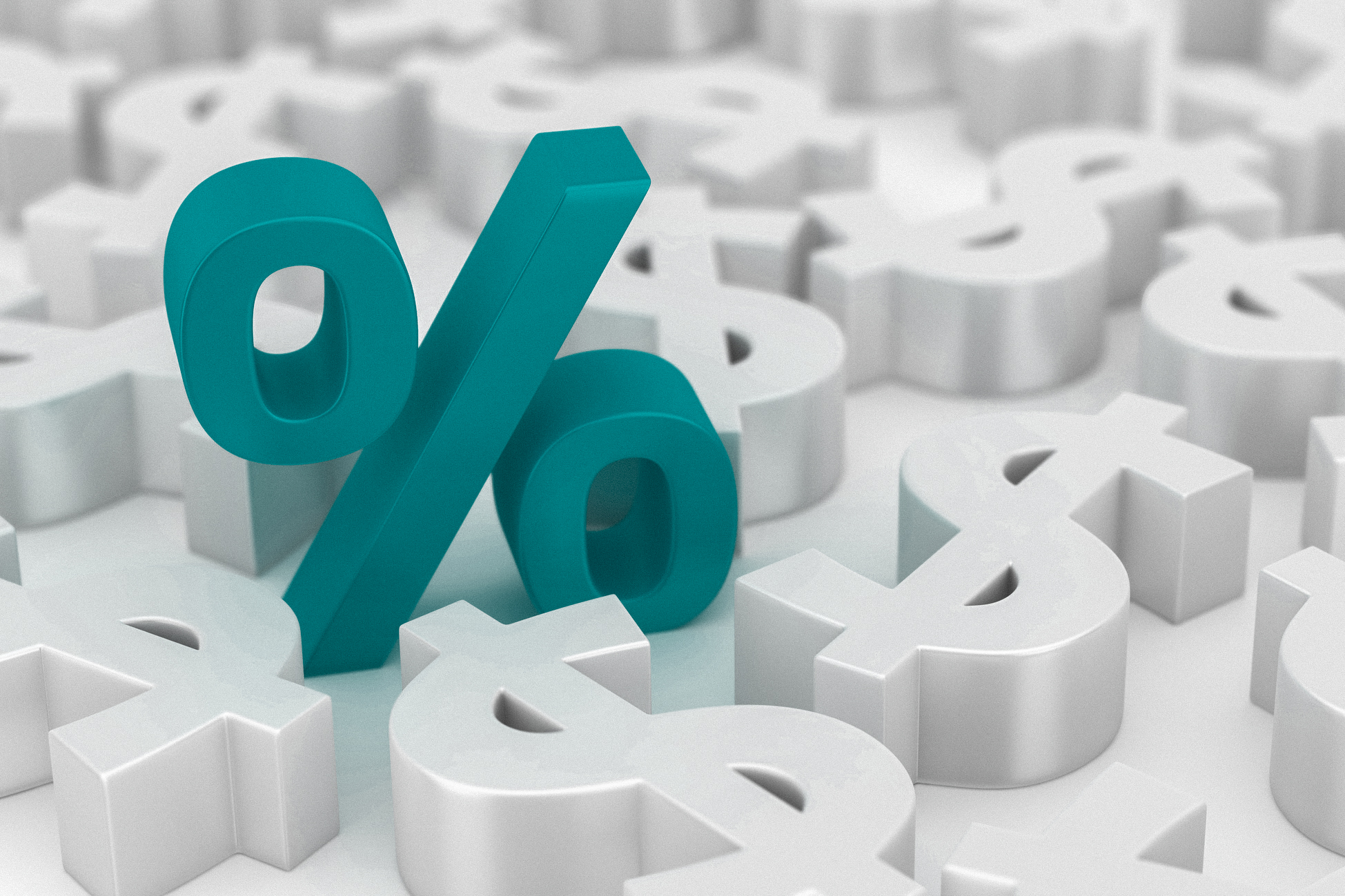
Understanding the Impacts on Buyers, Sellers, and Investors.
Interest rates play a crucial role in the dynamics of the property market, affecting both buyers and sellers. It is therefore essential for all parties involved in the market to understand how interest rates work and their impact on the industry.
Interest rates refer to the cost of borrowing money, and they are typically set by central banks responsible for regulating the economy's monetary policy. When interest rates increase, the cost of borrowing rises, making it more challenging for buyers to afford a property. Consequently, demand for properties decreases, leading to a potential drop in prices. Conversely, when interest rates decrease, borrowing costs become more affordable, driving up demand and resulting in a potential rise in prices.
The impact of interest rates on mortgages cannot be understated. Low-interest rates lead to low mortgage rates, making it easier for buyers to finance their purchases. On the other hand, high-interest rates lead to high mortgage rates, making it more challenging for buyers to finance their purchases, resulting in a potential decrease in demand and a drop in property prices.
Investor activity is also influenced by interest rates. When borrowing costs are low, investors are more likely to invest in the property market, leading to an increase in demand and a potential rise in property prices. However, when interest rates increase, the cost of borrowing increases, making it less attractive for investors to enter the market, leading to a decrease in demand and a potential drop in property prices.
Interest rates also affect economic growth, which can indirectly impact the property market. Low-interest rates lead to lower borrowing costs, making it easier for businesses to invest in growth and generate employment opportunities. This leads to increased economic growth, which can positively impact the property market. Conversely, high-interest rates lead to high borrowing costs, making it harder for businesses to invest in growth, reducing employment opportunities and economic growth, which can negatively impact the property market.
In conclusion, understanding the role of interest rates in the property market is critical for all stakeholders. Interest rates can impact the affordability of properties, mortgages, investor activity, and economic growth, resulting in changes in demand and property prices. Keeping a close eye on interest rates and their impact on the property market is essential in making informed decisions when buying or selling properties.







